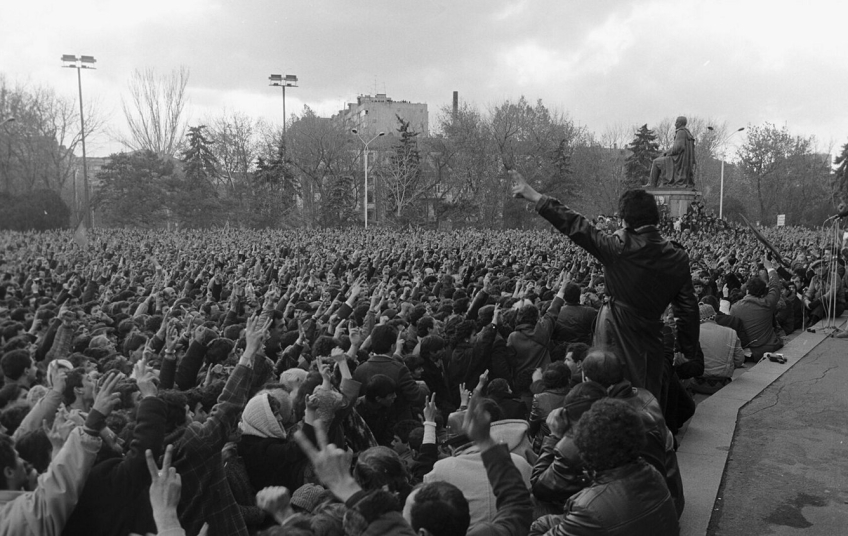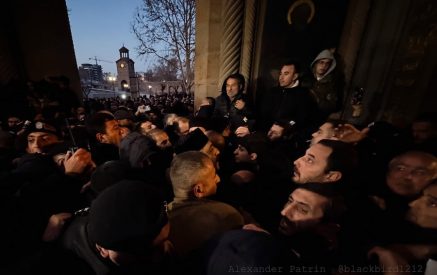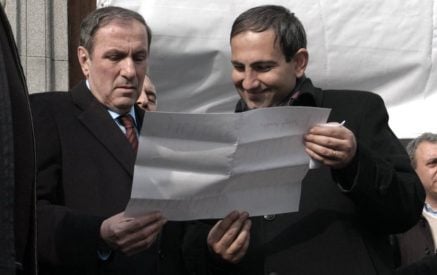Since 1988, when the foundations of the independence of the Republic of Armenia were being laid, the political struggle has been intense. The “street boys” who came to power from the Armenian National Movement began to dismantle their predecessors, the former communist elite. In a short time, those who remained from the “prior elite,” including experienced managers and high-ranking specialists in various fields, were eliminated as political elements.
Naturally, the “newcomers” lacked experience in management and professional work, resulting in a gradual decrease in the country’s economic potential. Enterprises came to a long standstill, and the personnel arsenal, which had provided suitable specialists for middle- and low-level industrial production, was depleted. This practice continued over time.
After the destruction of the communist electorate, a new power struggle arose among the “street boys,” and the vicious precedents gradually became entrenched as a bad tradition. The person in power politically destroyed his predecessors, viewing them as a potential opponent. Along with the “wild capitalism” of the 90s, characterized by the wild accumulation of capital, opponents were destroye not only politically but also physically. Those years were marked by scandalous political murders, but that’s another topic.
As a result of intra-team disagreements, the ruling Armenian National Movement (ANM) split, and the wing of the party led by Vazgen Manukyan was politically destroyed. In 1998, the military wing removed Levon Ter-Petrosyan’s team from politics, only to split in turn. Now, we have entered the next stage of almost the same scenario. After the so-called “velvet revolution” of 2018, the political influence of the “formers” has been reduced to zero. With a potential change in the incumbent government, representatives of the ruling Civil Contract political party will not only be completely removed from power but also likely held responsible for their perceived anti-national activities.
Read also
What does all this mean? Why is it impossible to organize a normal political life in Armenia, ensuring that regime changes meet the requirements of the Constitution: without shocks, through elections, in a peaceful and transitional manner?
According to the theory of “Elite Pluralism” in political science, elites may have different goals, but they come to a general agreement regarding the “rules of the game.” Conflicting elites create an equilibrium of power that allows problems to be solved in democratic ways. Joseph Alois Schumpeter, an Austrian-trained economist, economic historian, and sociologist regarded as one of the 20th century’s greatest intellectuals, defined in his book “Capitalism, Socialism and Democracy” that “the democratic method is an institutional arrangement for arriving at political decisions in which individuals acquire the power to decide by means of a competitive struggle for the people’s vote.”
As mentioned above, the competition among the political, financial, and economic elites in Armenia, from the time of the ANM around 1988 until today, typically turns into a struggle for political destruction. If the rules of the game are not established between elite groups and the written and unwritten laws do not apply, then talking about a peaceful change of regime is a mere fantasy.
ACNIS (The Armenian Center for National and International Studies)






















































